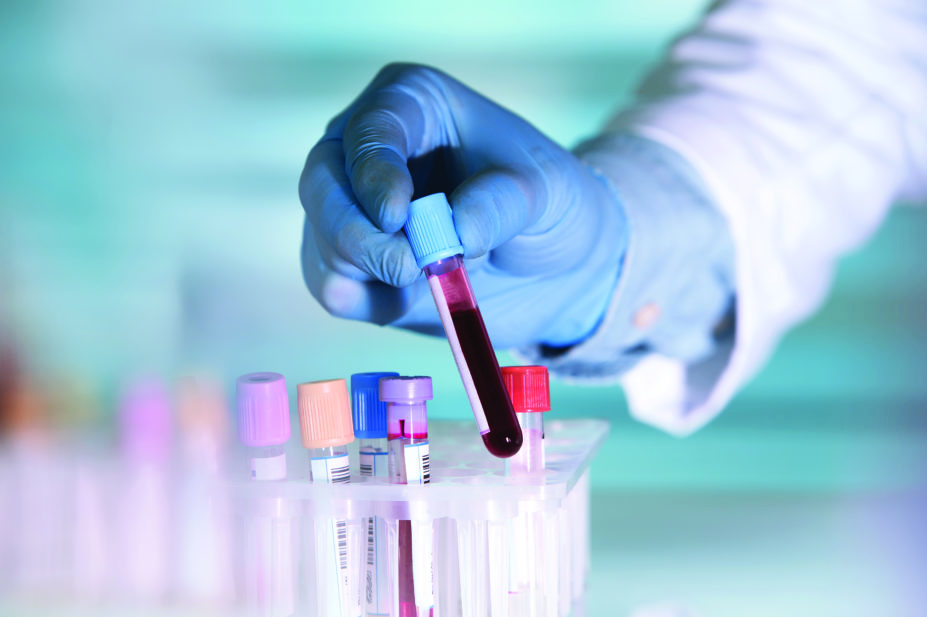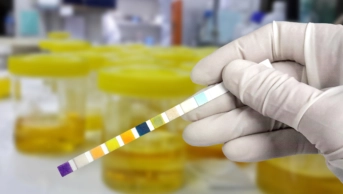
Shutterstock.com
Researchers from the United States have found that tumour-circulating DNA — tiny pieces of genetic material that dying cancer cells shed into blood circulation — accurately matched the type of tumour in the patient in 89% of cases.
The lead study author Pedram Razavi, a medical oncologist and instructor in medicine at Memorial Sloan Kettering Cancer Center, New York, says: “Our findings show that high-intensity circulating tumour DNA sequencing is possible and may provide invaluable information for clinical decision-making, potentially without any need for tumour tissue samples.
“This study is also an important step in the process of developing blood tests for early detection of cancer.”
Razavi’s comments follow the presentation of the study at the annual conference of the American Society for Clinical Oncology (ASCO) in Chicago on 3 June 2017.
Razavi and colleagues took tissue and blood samples from 39 patients with metastatic breast cancer, 41 with non-small cell lung cancer and another 44 with castration resistant prostate cancer.
Using a high-intensity sequencing method, they looked for evidence of DNA tumour fragments in patients’ blood — known as circulating tumour DNA or ctDNA – and compared it with the evidence of cancer in samples of their body tissue.
They found that in 89% of all patients at least one genetic change detected in the tumour was also detected in the blood. The figure was 97% in breast-cancer patients, compared with 85% in patients with lung cancer and 84% in patients with prostate cancer.
They also found that in 76% of all patients, actionable mutations found in the tissue – that is, mutations that could be matched to an existing targeted therapy — were also found in the blood.
They say: “This novel high-intensity ctDNA assay enabled broad detection of genomic variants in plasma at high rates of concordance with corresponding tumour tissue, providing strong evidence for tumour-derivation of these signants. This study will inform development of a high-intensity sequencing approach for early cancer detection.”
The charity Cancer Research UK says there is a “huge amount of interest in using tumour DNA present in blood samples as a possible way to detect cancer”.
Its senior science information officer Dr Ãine McCarthy says: “This study, in a small number of patients, shows that a blood test can find many of the DNA faults present in tumour samples from three types of cancer.
“But it’s too early to say if the test is an accurate way to detect cancer earlier than doctors can today. More research and larger trials are needed, including in healthy people, before we can confirm whether this as reliable test for detecting cancer earlier.”


